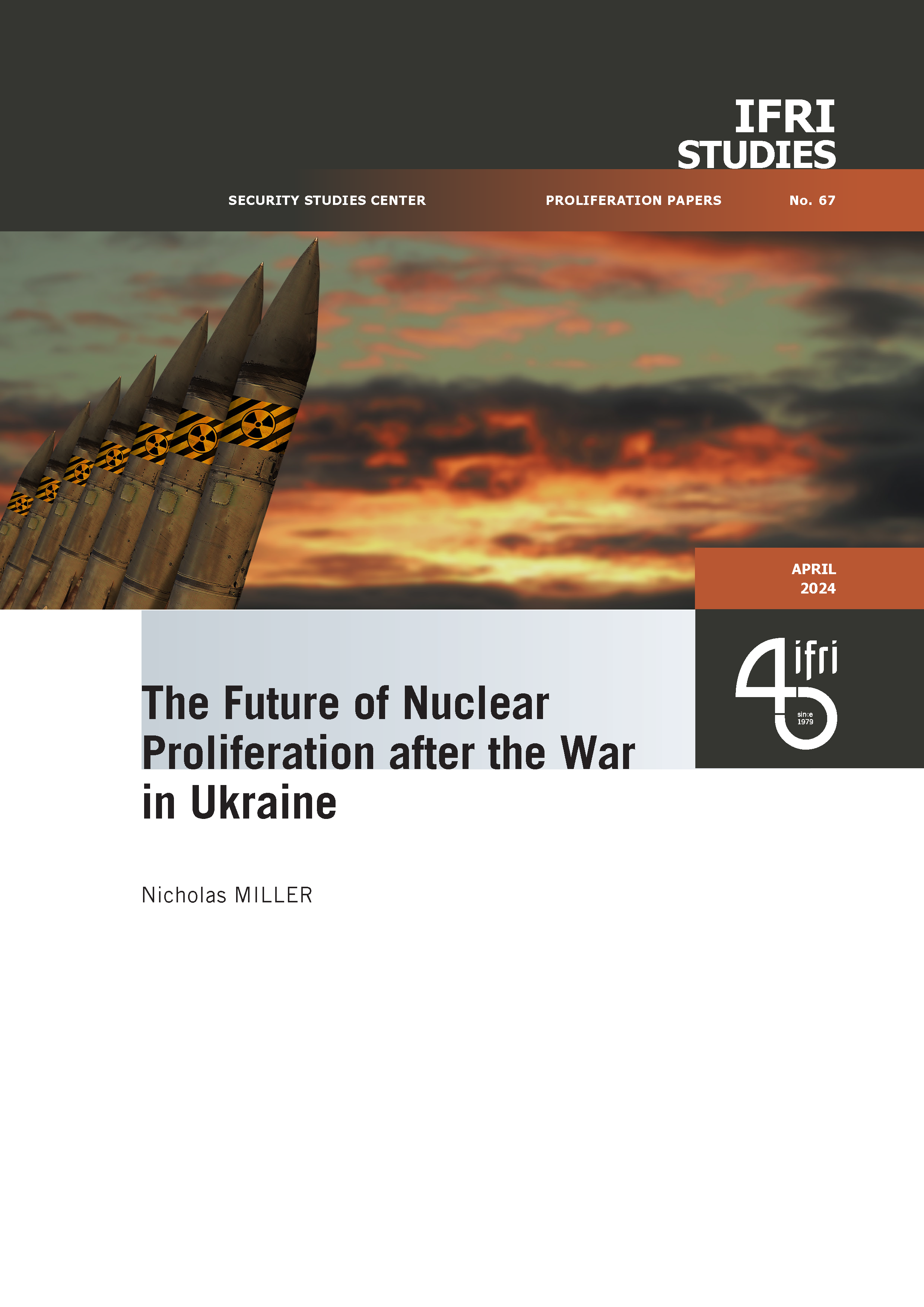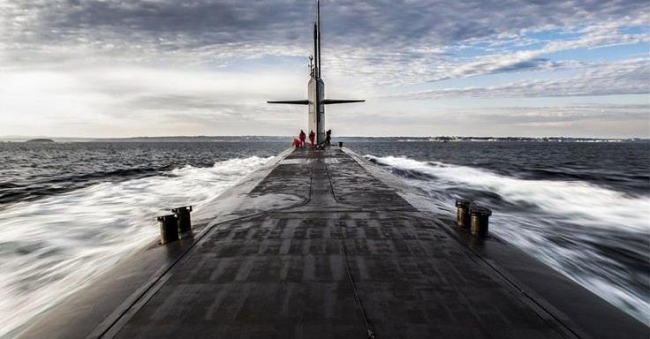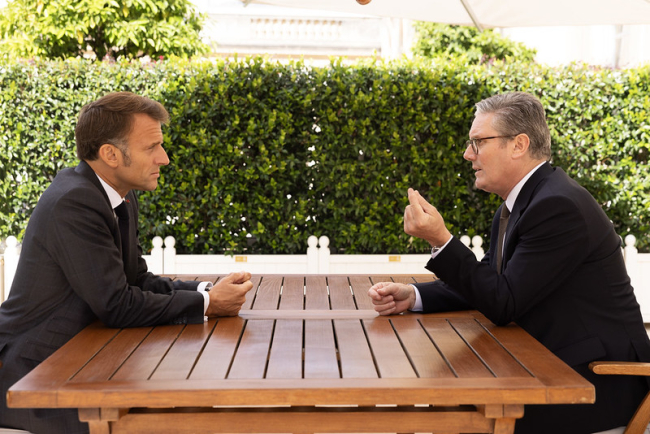The Future of Nuclear Proliferation after the War in Ukraine

In the context of deep changes to the international security environment, especially the war in Ukraine, the risks of nuclear proliferation seem quite high, especially in the Middle East and East Asia.

Four categories of factors have been identified that might trigger an escalation. Firstly, changes in the international security environment, including heightened competition among major powers, could increase pressure for proliferation in regions like Europe, Asia, and the Middle East. Secondly, the declining ability of the United States to enforce non-proliferation regimes may lead allies to seek nuclear capabilities due to concerns over U.S. reliability. Thirdly, failures by nuclear powers to uphold disarmament commitments and the emergence of the Treaty on the Prohibition of Nuclear Weapons could undermine non-proliferation norms. Lastly, the war in Ukraine highlights the potential use of nuclear threats in conflicts, reinforcing the perception of nuclear weapons as crucial for national security.
While there are reasons to anticipate growing proliferation risks, historical precedent suggests that these risks can be managed. Concerns over U.S. reliability and disarmament failures have been addressed through coercion and reassurance in the past. Additionally, the impact of conventional wars supported by nuclear deterrence has been contained. While some risk factors are novel, such as the decline of the U.S. nuclear industry and the emergence of the Treaty on the Prohibition of Nuclear Weapons, their decisive impact remains uncertain.
The implications for the Middle East and East Asia vary. Allies like Japan and South Korea may be convinced to remain non-nuclear due to U.S. security assurances, while adversaries like Iran could be incentivized to pursue nuclear capabilities amid declining effectiveness of U.S. sanctions. If Iran acquires nuclear weapons, it may pressure Saudi Arabia to follow suit, potentially leading to regional proliferation dynamics. Thus, great powers and the international community need to step in to manage proliferation triggers by maintaining a focus on nonproliferation in their statecraft.

Available in:
Regions and themes
ISBN / ISSN
Share
Download the full analysis
This page contains only a summary of our work. If you would like to have access to all the information from our research on the subject, you can download the full version in PDF format.
The Future of Nuclear Proliferation after the War in Ukraine
Related centers and programs
Discover our other research centers and programsFind out more
Discover all our analysesSaudi Arabia’s Nuclear Temptations. Lessons Learned from Regional Instability
Saudi Arabia’s integration in the international arena and regional stability, notably through reducing its dependence on fossil energies, are crucial elements for the success of the Kingdom’s Vision 2030, the Crown Prince’s top priority. However, Mohammed bin Salman’s declarations in 2018 and 2021, indicating that “if Iran develops a nuclear bomb, we will follow suit as soon as possible”, combined with the recent strikes on key Iranian nuclear facilities, do not bode well for the future of the Kingdom, the region and the non-proliferation regime at large.
The Future of Air Superiority. Command of the Air in High Intensity Warfare
Air superiority, understood as control of the air, is a cornerstone of the Western art of warfare. It is a decisive condition, albeit not sufficient by itself, to achieve military victory, as it enables the concentration of air power toward the achievement of wider strategic objectives and protects other components from unbearable attrition levels. It is best achieved through the offensive use of air power in a joint effort to neutralize the enemy’s air power.
Europe Uncovered?
As Russia continues to threaten Europe, the Trump administration is making no secret of its desire to withdraw—at least partially—from the defense of the Old
Continent in order to focus on strategic competition with China. It is thus putting pressure on its European allies to increase their investment in the military sector. The NATO Summit in The Hague in June 2025 resulted in ambitious commitments by member states to increase their defense spending.
How should Britain and France cooperate to realise the Northwood Declaration?
During his state visit to the United Kingdom (UK) last week, Emmanuel Macron, President of France, signed a joint declaration with Sir Keir Starmer, Prime Minister, on nuclear cooperation between Britain and France. The Northwood Declaration highlights that while both countries’ nuclear arsenals remain sovereign, cooperation on nuclear deterrence can ‘contribute significantly’ to the security of the North Atlantic Treaty Organisation (NATO) and the Euro-Atlantic region.











